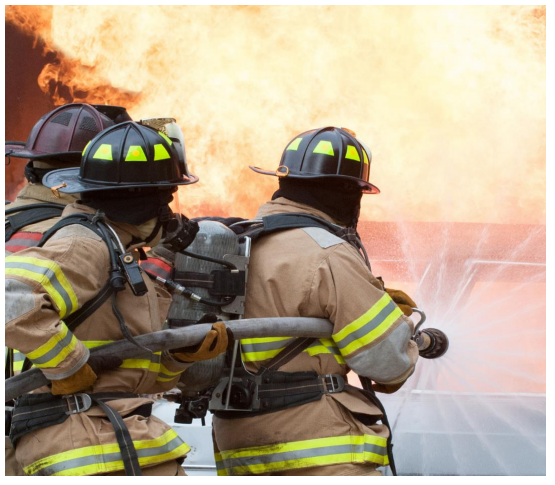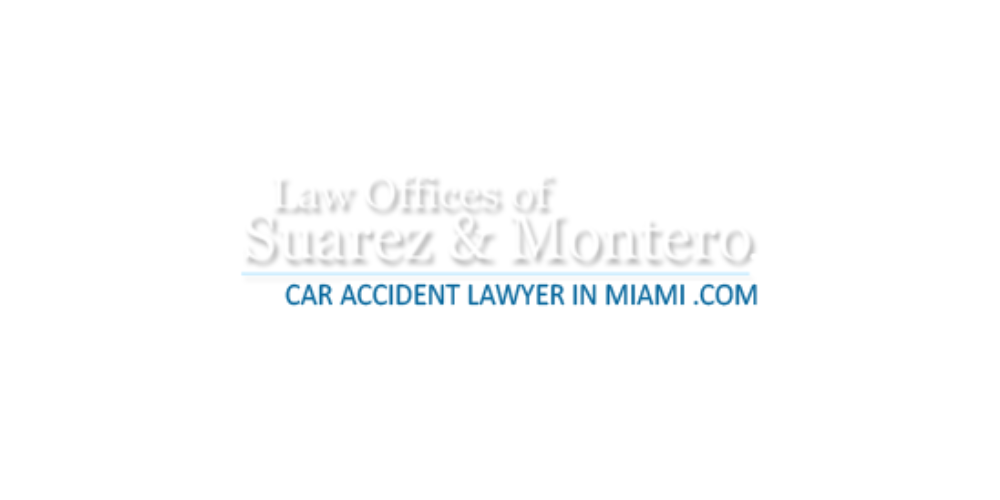
Man Hospitalized After Car Fire in Miami Gardens
The car fire was reported to have taken place around 4:45 p.m. on Thursday near the intersection of Northwest Seventh Street and 171 Street in Miami Gardens where the vehicle in question was engulfed in flames. The Miami Gardens Police Department and Miami-Dade Fire Rescue units arrived at the scene of the accident and quickly transported the driver to a nearby hospital to receive treatment in unknown condition. After arriving at the scene of the accident, MGPD blocked all northbound lanes on Northwest Seventh Avenue to conduct an investigation as to the cause of the accident. At this time, the investigation is still ongoing.
Injuries Caused by Car Fires
Fires resulting from a car accident can sometimes be more harmful to the operator of the vehicle than the accident itself. Car Accidents that involve fire remain a significant auto safety problem for consumers. As consumers, we expect car manufacturers to design vehicles that are safe and secure. Sadly, that is not always the case. Manufacturers sometimes release vehicles into the marketplace that have not been adequately tested for safety and design and even sell vehicles that at times contain defective or poorly designed components that can fail at the most inopportune time. Despite many improvements in safety and vehicle technology over the years, the number of vehicle malfunctions has remained relatively consistent. If a car manufacturer sells a poorly manufactured, defectively designed, or unsafe car, then the manufacturer may have legal liability for the victim’s injuries.
Common Causes of Car Fires
While collisions shouldn’t result in fires, defects in design or manufacturing can lead to a devastating fire. When a vehicle fire occurs after a crash, it is common to assume that there was either a leak in the fuel tank or an electrical system failure.
Leaking Fuel Tanks and Lines: While leaks remain a major problem, an equally important defect is the siphoning of gasoline from the tank. Siphoning is simply the flow of a liquid—in this case gasoline—caused by pressure between the source of the liquid (the fuel tank) and a release point, such as a break in the fuel line. Siphoning can result from either gravity or pressure in the fuel system. The siphoned fuel can be ignited by a variety of sources. The most common ignition source is “sparks “which can sometimes be triggered by a vehicle’s electrical components or metal contacting metal or roadway—that commonly occurs during or after a car accident. Most vehicles manufactured after the early 1980s have three fuel lines: supply lines, return lines, and vapor lines. Siphoning occurs most often in the return line or supply line. A lawyer who is tasked with investigating a siphoning case usually must hire an expert to find the location of the break in the fuel line, the fluid level in the tank, and the orientation of the vehicle at the scene of the accident. If the break is lower than the fluid level in the tank, siphoning will occur because of gravity. If the break is above the fluid level, there must be adequate tank vapor pressure to force gasoline to siphon upward.
Electrical System Failures: Modern vehicles have a lot of wiring that may be damaged in a collision. A severe impact can sever wires and cables, causing sparks that ignite fuel or combustible fumes. The vehicle and its parts are critical pieces of evidence in any car accident matter involving a defective product. Therefore, it is essential to preserve the vehicle as it was immediately after the crash.
Common Injuries Sustained in Car Fire Accidents
Vehicle collision fires involve highly flammable chemicals and materials that may result in severe injuries, including:
• Burns: Vehicle accident burns occur when a victim touches hot metal, hot coolant, or steam escaping from a damaged radiator. Explosions can leave accident victims with second and third degree burns over large areas of their body. The most critical burns cause scarring, amputations, and even death. Additionally, Debris from an explosion can easily cause lacerations and other severe trauma. All of these injuries are life changing, require expensive medical care and require a long and painful recovery to overcome.
• Exposure to Toxic Fumes: Automotive fires often happen in the release of extremely toxic fumes as the vehicle burns, leading to respiratory problems and lung damage.
Speak with an Experienced Personal Injury Attorney Today!
If you or a loved one were injured by a defective product, you may have a legal right to recover significant compensation for your injuries and losses. The Law Offices of Suarez & Montero Car Accident Lawyers represents accident victims injured in various types of accidents. Auto product liability claims can be extremely complex and difficult to prove. An experienced car accident lawyer can advise you of your options and help you assess whether your car accident claim may involve defective products. Our skillful attorneys are genuinely committed to our clients. We will fight to make sure that you get the maximum amount of compensation owed to you. Let us help you get the medical care you need and fight to make sure you are compensated for your injuries! Our attorneys are ready to provide proven legal representation in pursuing your claim and stand ready to protect your rights. We are available 24/7 to give you a free, no risk case consultation.
We serve clients throughout Florida including those in the following areas:
Miami-Dade: Aventura, Coral Gables, Doral, Fontainebleau, Hialeah, Homestead, Kendall, Miami, Miami Beach, Miami Lakes, North Miami, Tamiami, and Westchester.
Broward: Fort Lauderdale, Hallandale Beach, Hollywood, Pembroke Pines, and Weston; and Palm Beach County including Boca Raton, Lake Worth, and West Palm Beach.
The Law Offices of Suarez & Montero Car Accident Attorneys represents accident victims injured in various types of accidents including:
• Distracted Driving Accident Lawyers
• T-Bone Car Accidents
• Road Rage Car Accidents
• Head-on Collisions
• Rollover Accidents
• Rear-end Car Accidents
• Left Turn Accidents
• Failure to Yield Car Accidents
• Sideswipe Accidents
• Merging Accidents
• Lane Change Accidents
• Construction Zone Car Accidents
• Truck Accidents
• Semi-Truck Accidents
• Bicycle Accidents
• Train Accidents
• Pedestrian Accidents
• Boating Accidents





